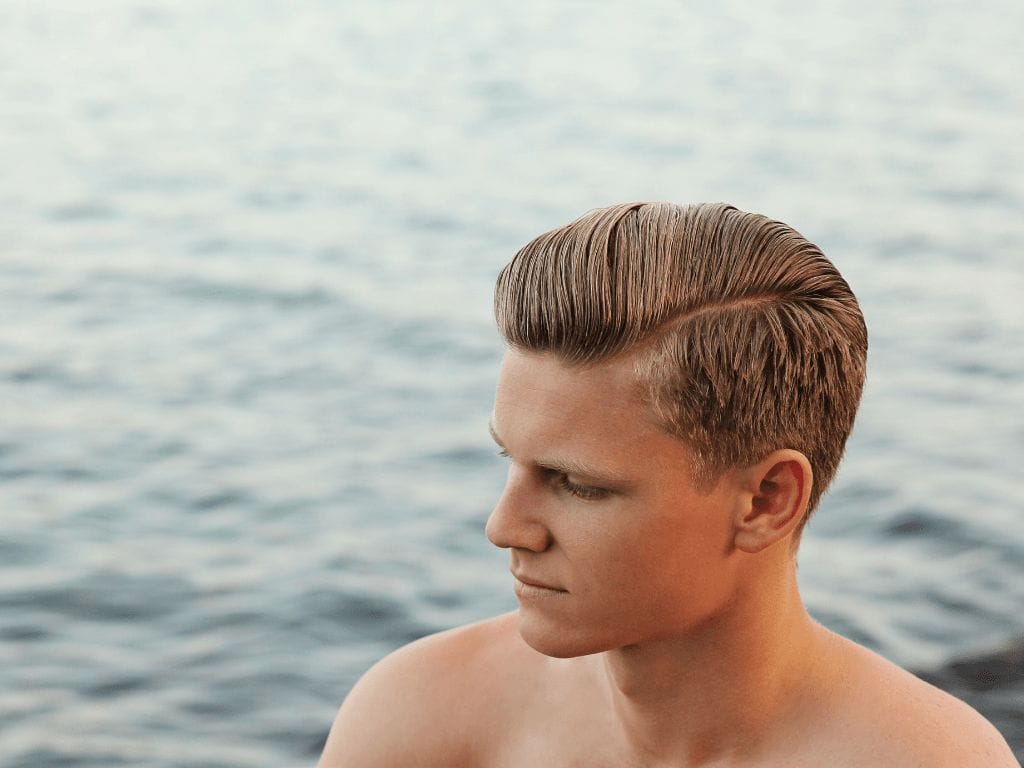7 Essential Tips to Maintaining a Healthy Scalp
Your scalp is more than just the skin under your hair. It’s a vital part of your health and beauty, and it deserves your attention and care. A healthy scalp can prevent many common problems such as dandruff, itchiness, dryness, inflammation, and hair loss. It can also promote hair growth, shine, and strength. But how do you keep your scalp healthy and happy? In this article, we will share with you 7 essential tips to maintaining a healthy scalp that are easy to follow and effective. From exfoliating to moisturizing, from massaging to protecting, these tips will help you achieve a healthy scalp that will make your hair look and feel amazing. Read on to find out how you can take care of your scalp and enjoy the benefits of having beautiful hair.
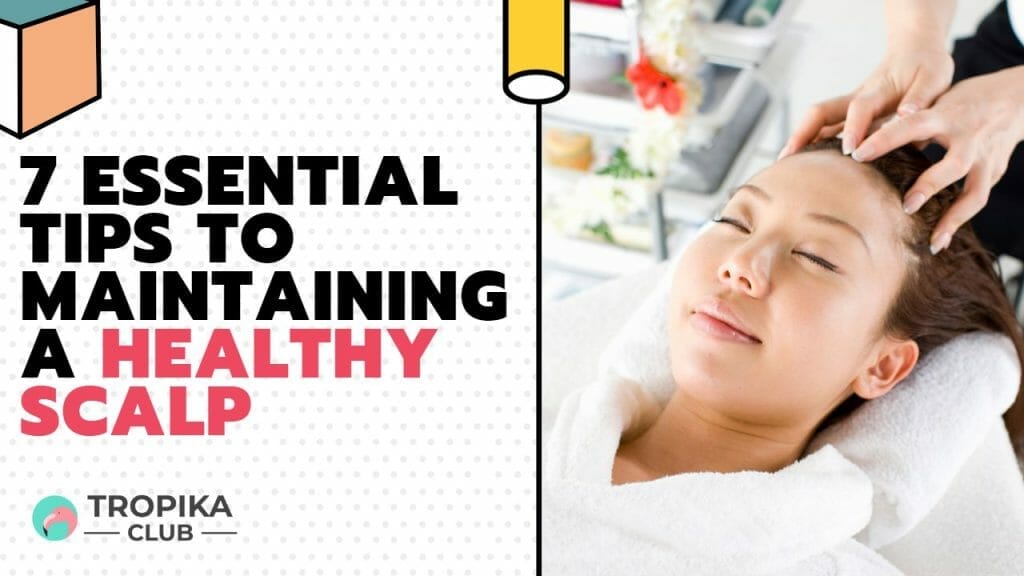
Table of Contents
- No Time to Read? Here’s a Snappy Summary of This Article
- 1. Always Remember to Exfoliate
- 2. Maintain the Moisture Level
- 3. Massage your Scalp
- 4. Limit the use of Chemical Treatments
- 5. Protect Your Scalp from Sun Damage
- 6. Shampoo Daily
- 7. Maintain a Healthy Diet
- Conclusion
- FAQ for 7 Essential Tips to Maintaining a Healthy Scalp
- Meanwhile, Check Out Tropika Club’s Ecosystem of Websites
No Time to Read? Here’s a Snappy Summary of This Article
- Exfoliate your scalp regularly to remove dead skin cells and boost skin cell turnover. You can use a facial scrub or a natural exfoliant like cornmeal or ground almonds with essential oils.
- Maintain the moisture level of your scalp by avoiding hot water, hairdryers, and harsh chemicals. Use lukewarm water to rinse your hair and let it air dry. Apply a moisturizer or oil to your scalp if it feels dry or itchy.
- Massage your scalp to stimulate blood circulation, relax your muscles, and relieve stress. You can use your fingertips or a scalp massager to gently massage your scalp in circular motions for a few minutes.
- Limit the use of chemical treatments such as coloring, bleaching, perming, or straightening. These can damage your scalp and hair, causing dryness, breakage, and irritation. If you do use them, make sure to follow the instructions carefully and use a deep conditioner afterward.
- Protect your scalp from sun damage by wearing a hat, scarf, or sunscreen when you go outside. The sun can cause your scalp to burn, peel, or age prematurely. It can also fade your hair color and make it brittle.
- Shampoo daily if you have oily or sweaty scalp, or every other day if you have normal or dry scalp. Use a mild shampoo that suits your hair type and scalp condition. Rinse thoroughly and avoid rubbing or scratching your scalp.
1. Always Remember to Exfoliate
Exfoliation of the scalp helps to boost the skin cell turnover. If you can, exfoliate your scalp on a regular basis. In fact, if you suffer from conditions such as psoriasis or dry skin, you might want to exfoliate your scalp about two to three times a week. Exfoliation helps to remove and reduce dead skin cells from your scalp surface. To assist with the exfoliation, you can invest in facial scrub and mechanically exfoliate your scalp before you apply and cleanse the area with a shampoo.
To exfoliate your scalp naturally, Mix equal parts of a mild exfoliate like cornmeal or ground almonds. Add a few drops of an essential oil like peppermint to stimulate the blood or tea tree oil, which is a natural antiseptic. Mix the ingredients in a bowl and massage the mixture into your scalp for three minutes using only your fingertips.
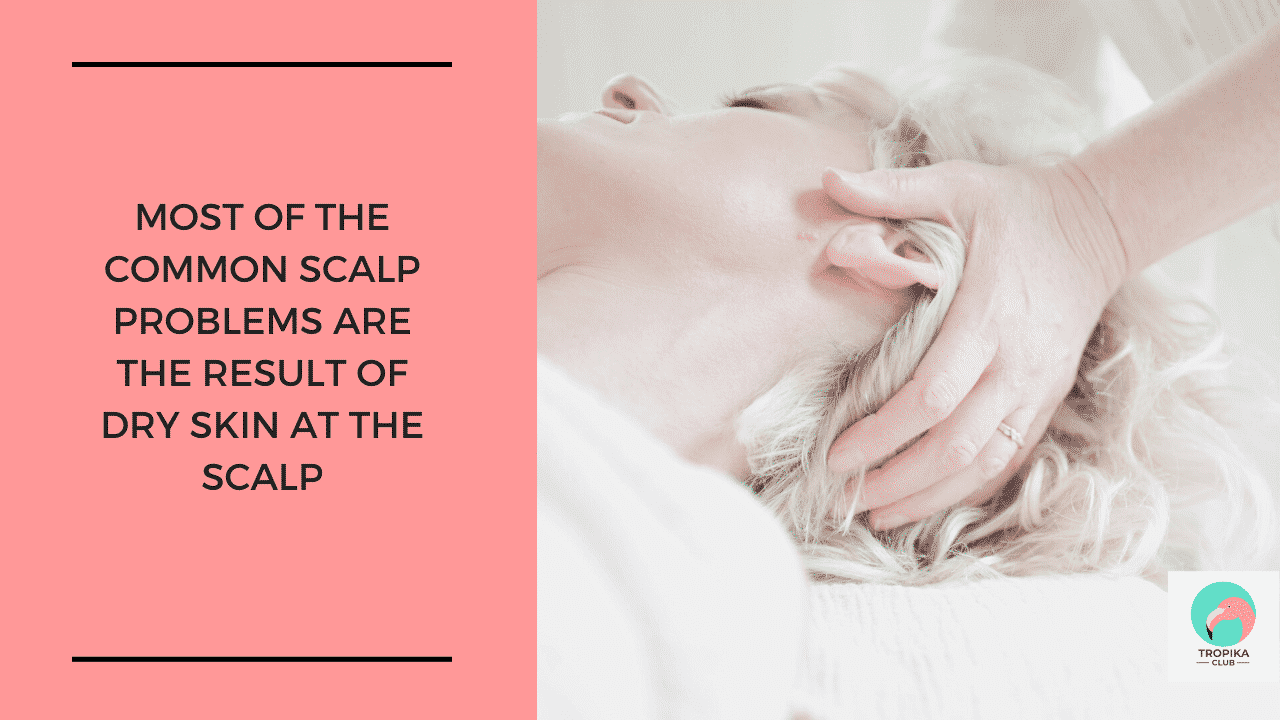
2. Maintain the Moisture Level
Most of the common scalp problems are the result of dry skin at the scalp. This is exaggerated by dehydrated tissue. When you are showering, try to avoid proposing or scope to hot water when you can. Instead, try to use lukewarm water to rinse your hair, which allows more of the natural sebum necessary for moisturising that issue to remain on your scalp. If you can, try to skip using the hairdryer and allow your hair to naturally dry. By air drying your hair, you will let your scalp to take a break from the drying heat of the hairdryer. When working properly, which it does for many people, the scalp has its own moisture content which is generally superlative to most products. Most conditioners will have ingredients that will leave a residue on the scalp, resulting in heaviness or oiliness to the hair soon after washing.
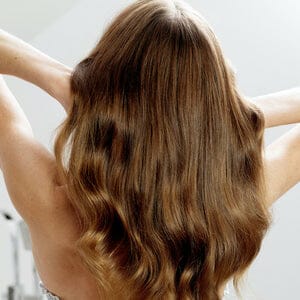
3. Massage your Scalp
It pays to massage your scalp regularly. Beneath the skin on your scalp is an intricate network of blood vessels. These blood vessels carry oxygen and nutrients to the tissues surrounding your scalp. By keeping the circulation going in scope with massages, you can maintain a healthy scalp. How can you massage your scalp? You can spend about 10 minutes or so by using gentle circular motions on your scalp as a massage.
Scalp massage helps stimulate the nerves and blood vessels beneath the skin while calming the muscle tension around the head. … Fingers can work giving you the feeling of calmness but so can a scalp massager tool. Using a scalp massage tool it will knead your scalp providing the same benefits as a massage.
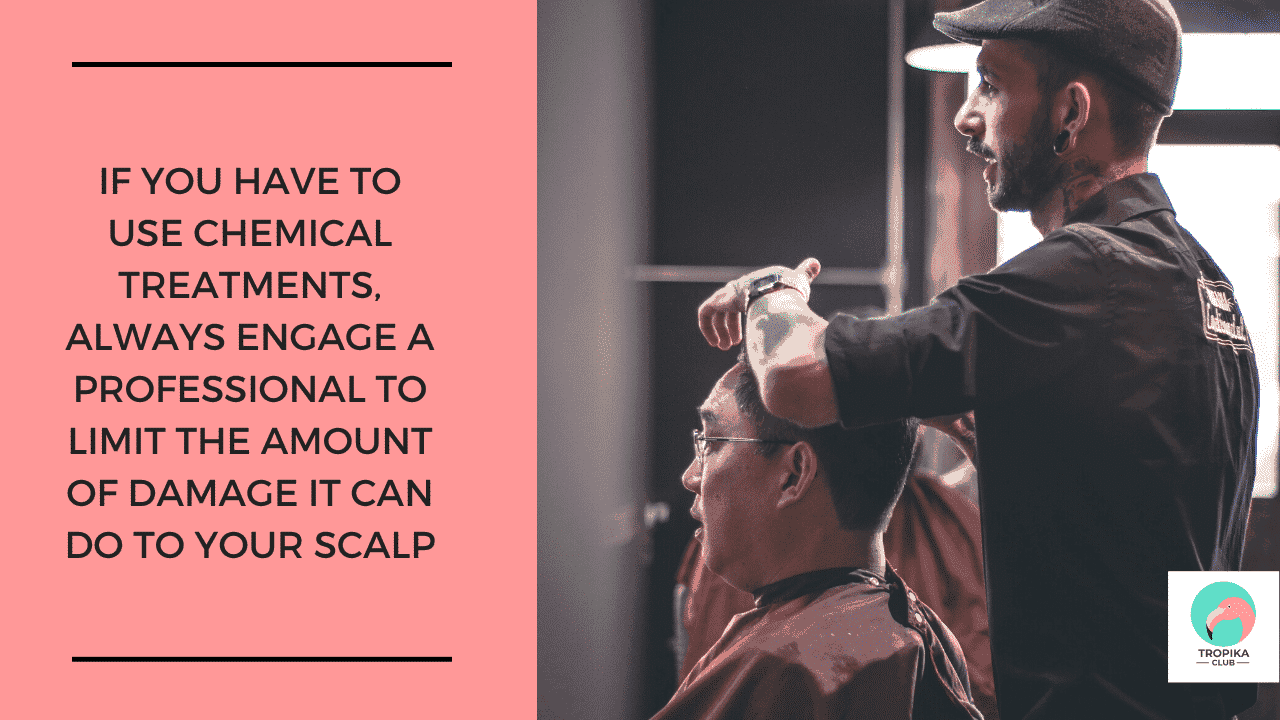
4. Limit the use of Chemical Treatments
Chemical treatments like coloring, relaxing, and perming can damage your hair and scalp. While these treatments can give you a new look, they can also cause hair loss, itching, and scalp irritation. Here are some tips to protect your scalp and hair from damage due to chemical treatments:
- Choose a Professional Stylist: It’s important to choose a professional hairstylist who has experience with chemical treatments. A stylist who has the proper training and certification will be able to apply the treatment properly and minimize the risk of damage to your scalp and hair.
- Do a Patch Test: Before getting any chemical treatment, ask your stylist to do a patch test on a small section of your scalp. This will help you identify any potential allergic reactions or sensitivities to the chemicals used in the treatment.
- Limit Frequency of Treatments: Limit the frequency of chemical treatments to protect your scalp and hair. Overuse of chemical treatments can lead to hair loss and damage to your scalp. If you must use these treatments, space them out over several months.
Remember, your scalp is a sensitive area that needs to be protected. By following these tips, you can minimize the risk of damage and enjoy the benefits of chemical treatments without harming your hair and scalp.
5. Protect Your Scalp from Sun Damage
The best way to protect your scalp and hair from the sun is to avoid exposure. Stay indoors, especially during periods of maximal sunlight during the midday. If you do go out, wear a hat or other head covering. Walk in shaded areas. If your scalp is exposed due to hair thinning or braids, apply sunscreen to the exposed areas. Even on cloudy days, ultraviolet (UV) light can still cause sunburns and damage skin. The easiest way to protect your head is to cover it with a cap of some sort. If possible, wear a wide-brimmed hat that protects your neck, as well. A hat is less effective than sunscreen (roughly equivalent to SPF 5), but it protects your scalp and other areas where sunscreen is difficult to apply.
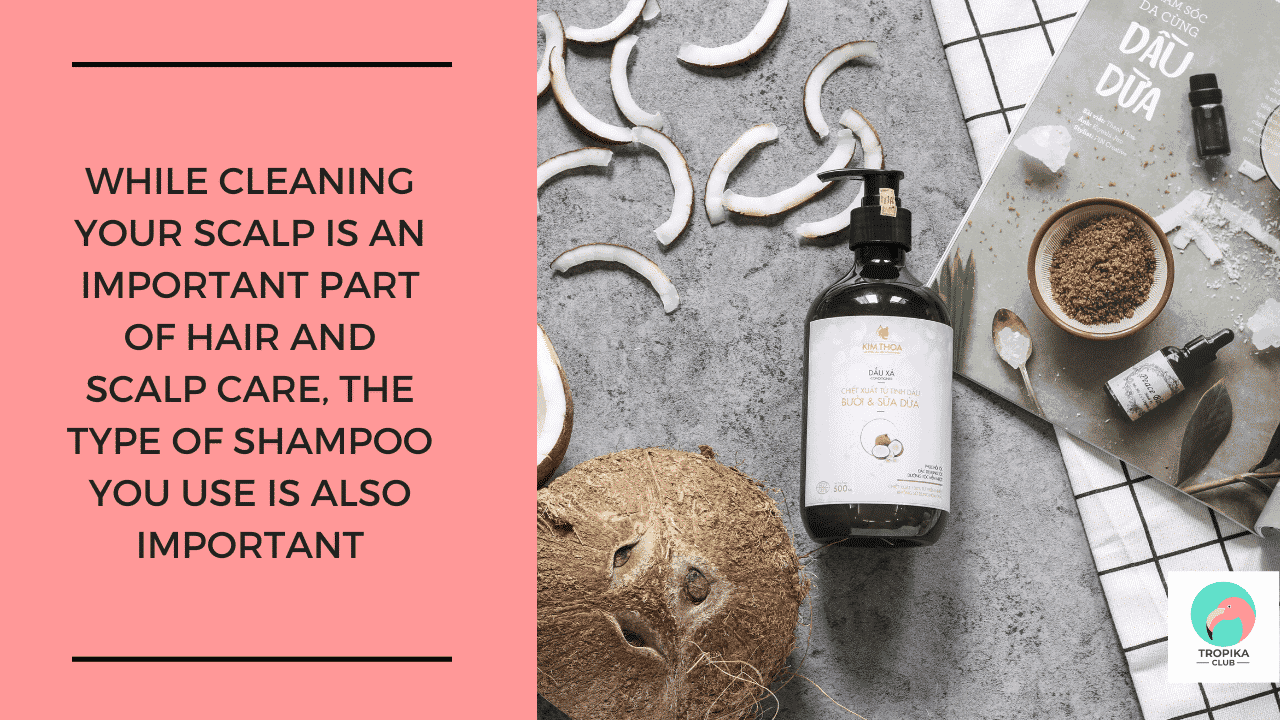
6. Shampoo Daily
You might belong to the group that washes their hair once a day. This is very ideal. However, if you suffer from some scalp problems, you might not be able to wash your hair on a daily basis. While cleaning your scalp is an important part of hair and scalp care, the type of shampoo you use is also essential. Always research and invest in a shampoo that is not too harsh for your scalp.
So the decision about how frequently to wash hair depends on a person’s hair type, scalp texture, how oily the hair gets, and personal preference. For some people, too-frequent washing can cause damaged hair and a dry, itchy scalp. For others, infrequent washing can make the hair look greasy and lifeless. People with very dry hair do not need to wash their hair daily, or even every other day. Instead, washing the hair less often will help preserve the natural oils in the scalp and keep hair well moisturized. Washing their hair weekly or even every other week might be enough for people with very dry hair.
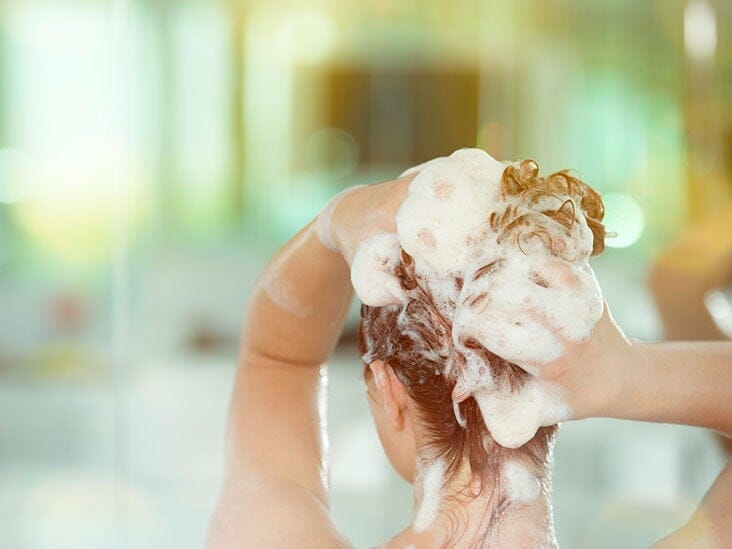
7. Maintain a Healthy Diet
Maintaining a healthy diet is essential not only for your overall health but also for your hair and scalp health. What you eat can affect the condition of your scalp and hair. Here are some tips for maintaining a healthy diet to promote a healthy scalp:
Eat a Balanced Diet
Make sure to eat a well-balanced diet that includes a variety of foods from different food groups. Your diet should include:
- Lean proteins such as fish, chicken, turkey, and legumes
- Whole grains such as brown rice, quinoa, and whole wheat bread
- Fruits and vegetables of different colors to ensure a variety of nutrients
- Healthy fats such as avocados, nuts, and seeds
- Water to keep your body hydrated
Include Nutrients for Hair Growth
Certain nutrients are essential for hair growth and can be included in your diet. These include:
- Vitamin C: found in citrus fruits, strawberries, and leafy green vegetables
- Iron: found in red meat, spinach, and lentils
- Biotin: found in eggs, nuts, and seeds
- Zinc: found in oysters, pumpkin seeds, and chickpeas

Conclusion
A healthy scalp is the foundation of healthy hair. By following these seven essential tips, you can keep your scalp clean, moisturized, nourished and balanced. This will help prevent common scalp problems such as dandruff, itchiness, inflammation and hair loss. Remember to treat your scalp with care and use products that suit your hair type and scalp condition. Your scalp will thank you for it and reward you with beautiful and strong hair.
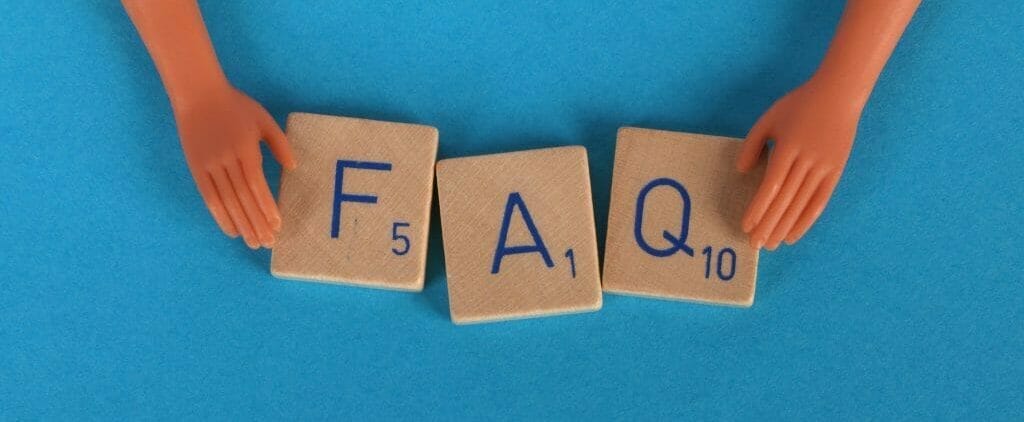
FAQ for 7 Essential Tips to Maintaining a Healthy Scalp
Q: How often should I exfoliate my scalp?
A: It depends on your scalp condition and preference, but generally once or twice a week is enough. If you have psoriasis or dry skin, you may need to exfoliate more frequently, such as two to three times a week1.
Q: What kind of products should I use to moisturize my scalp?
A: You can use natural oils, such as coconut, olive, jojoba, or argan oil, to moisturize your scalp. Apply a few drops to your scalp and massage it gently. You can also use a moisturizing shampoo or conditioner that suits your hair type and scalp condition1.
Q: How does massaging my scalp help?
A: Massaging your scalp can stimulate blood circulation, relax your muscles, and relieve stress. This can improve your scalp health and promote hair growth, shine, and strength. You can use your fingertips or a scalp massager to gently massage your scalp in circular motions for a few minutes1.
Q: What are the risks of using chemical treatments on my scalp?
A: Chemical treatments such as coloring, bleaching, perming, or straightening can damage your scalp and hair, causing dryness, breakage, and irritation. They can also disrupt the balance of your scalp microbiome and lead to scalp problems such as dandruff, seborrheic dermatitis, atopic dermatitis, and psoriasis. If you do use them, make sure to follow the instructions carefully and use a deep conditioner afterward1.
Q: How can I protect my scalp from sun damage?
A: You can wear a hat, scarf, or sunscreen when you go outside. The sun can cause your scalp to burn, peel, or age prematurely. It can also fade your hair color and make it brittle. You can also use a leave-in conditioner or spray that has SPF protection for your hair1.
Q: How often should I shampoo my hair?
A: It depends on your hair type and scalp condition, but generally you should shampoo daily if you have oily or sweaty scalp, or every other day if you have normal or dry scalp. Use a mild shampoo that suits your hair type and scalp condition. Rinse thoroughly and avoid rubbing or scratching your scalp1.
Q: What kind of diet should I follow for a healthy scalp?
A: You should eat a balanced diet that includes proteins, vitamins, minerals, antioxidants, and probiotics. Proteins help build keratin, the main component of hair. Vitamins A and C help circulate oxygen to the scalp. Zinc, iron, and vitamin B help prevent hair loss and maintain hair color. Antioxidants help fight free radicals that damage the scalp and hair. Probiotics help balance the scalp microbiome and prevent infections

Have an Article to Suggest?
Tropika Club is always looking for new and exciting content to feature in their magazine and they value the input of our readers. If you have any noteworthy content or articles that you believe would be a great addition to Tropika Club’s magazine, we are open to suggestions and encourage you to reach out to us via email at [email protected]. By doing so, Tropika Club values your expertise and knowledge in the matter and appreciates your willingness to help. We will review your recommendations and update our list accordingly
Meanwhile, Check Out Tropika Club’s Ecosystem of Websites

Tropika Club Magazine – Tropika Club Magazine is a Singapore-based publication that features articles on a wide range of topics with a focus on local businesses and content for the region. The magazine emphasizes supporting local businesses through its #SupportLocal initiative, which includes coverage of everything from neighborhood hawker stalls to aesthetic clinics in town. In addition to highlighting local businesses, Tropika Club Magazine also covers a variety of local content, including beauty, lifestyle, places, eats, and what’s on in Singapore and the Asia Pacific region.
Tropika Club Deals – Tropika Club Deals is a leading online deals and voucher shopping site in Singapore, offering amazing discounts on beauty, wellness, and fitness products and services. It’s the perfect platform for customers who want to discover the best deals without having to commit to a specific appointment date and time. These deals are available at major beauty stores, facial salons, hair salons, and other brands in Singapore, with no minimum spend required. Choose from guaranteed discounted deals in the categories of hairstyling, hair removal, facial & aesthetics, body slimming, brows & lashes, nails & makeup, massage & spa or fitness & wellness. Tropika Club Deals is also ideal for customers who want to buy vouchers as gifts or to use for the future. So whether you’re looking to save money on your next haircut or want to treat yourself to a relaxing massage, Tropika Club Deals has got you covered with the best voucher and coupon deals in Singapore!



